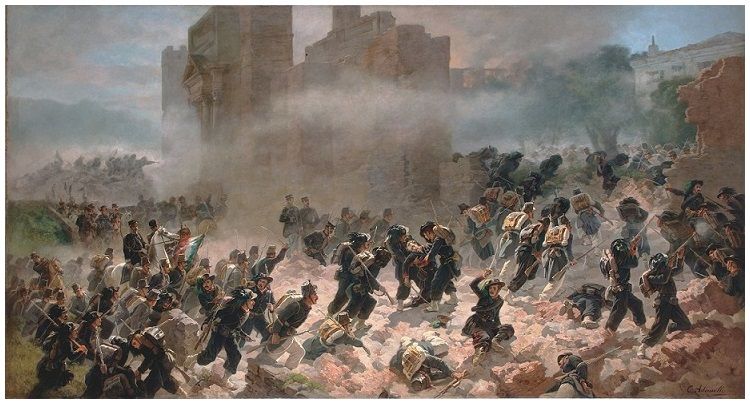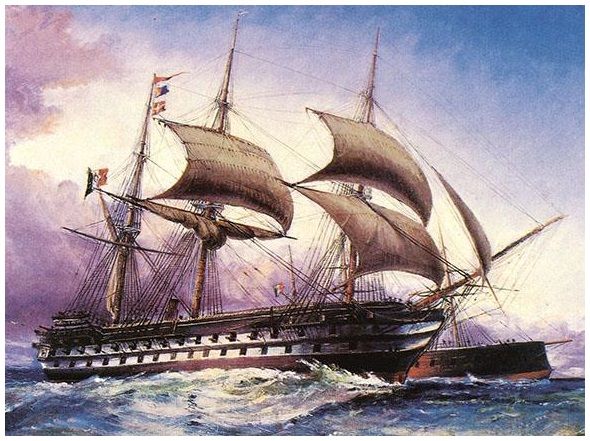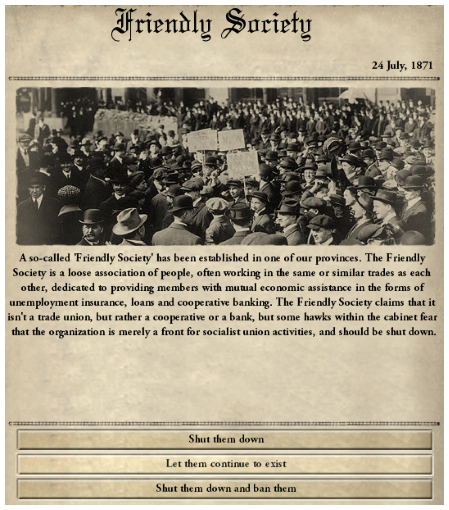I'd missed this, Jape. Which I guess will teach me just to rely on my notifications all the time…
Mind you, my late entry does give the advantage of being able to read a bunch of chapters at once. Fascinating stuff so far—but then that's par for the course, isn't it? Here's looking forward to Mussolini!
Mind you, my late entry does give the advantage of being able to read a bunch of chapters at once. Fascinating stuff so far—but then that's par for the course, isn't it? Here's looking forward to Mussolini!






















